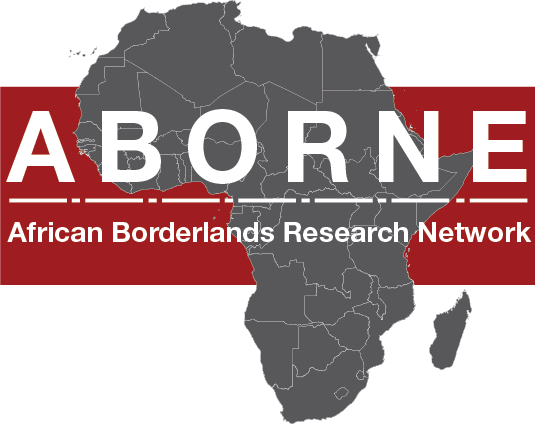OBJECTIVES
The success or failure of policy measures designed within the framework of sovereign states is often crucially affected by processes that cut across borders. In spite of a large body of existing literature on borderlands in Africa, these processes and practices are still not sufficiently conceptualised to allow for a theoretical framework that cuts across disciplinary boundaries and informs real-world policy decisions. ABORNE will bring together different strands of existing research and develop African borderland studies as a multidisciplinary field of knowledge in its own right. ABORNE is designed to bundle and focus the vast empirical knowledge of European researchers working on African borderlands in cooperation with Africa-based colleagues. Its ultimate aim is to provide insights that can help address some of the most urgent challenges Europe’s neighbour, Africa, is facing today – challenges that often have a large impact on Europe itself. ABORNE will thus simultaneously develop a new field in social science research, bring crucial aspects of current social change in Africa to the agenda of policy makers and serve as a one-point stop for expertise on border issues in Africa.
From the outset, collaboration within ABORNE has shown that the quality of individual contributions is greatly enhanced by the comparative perspective developed in a team of researchers drawn from different disciplinary and regional backgrounds. In a relatively new field of study, this mutual input is absolutely vital to identify crucial topics and important developments in the field.

